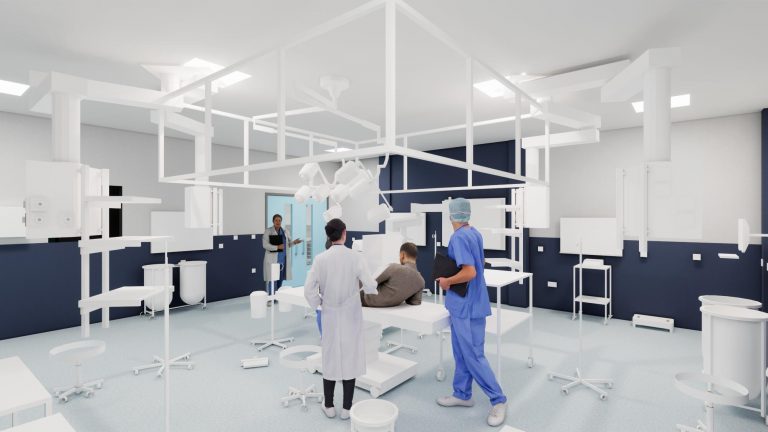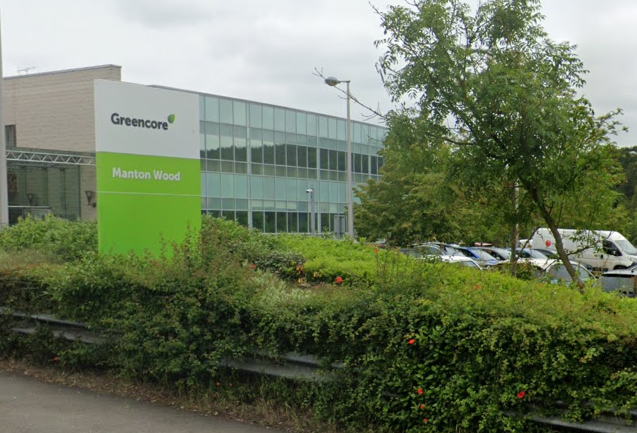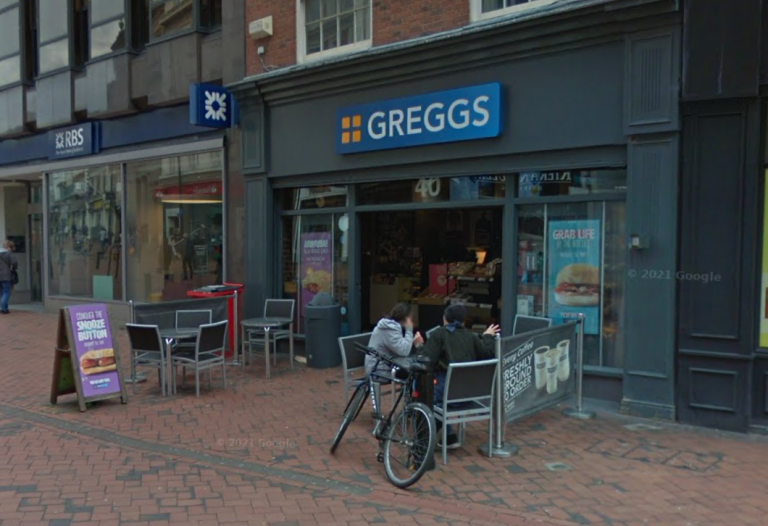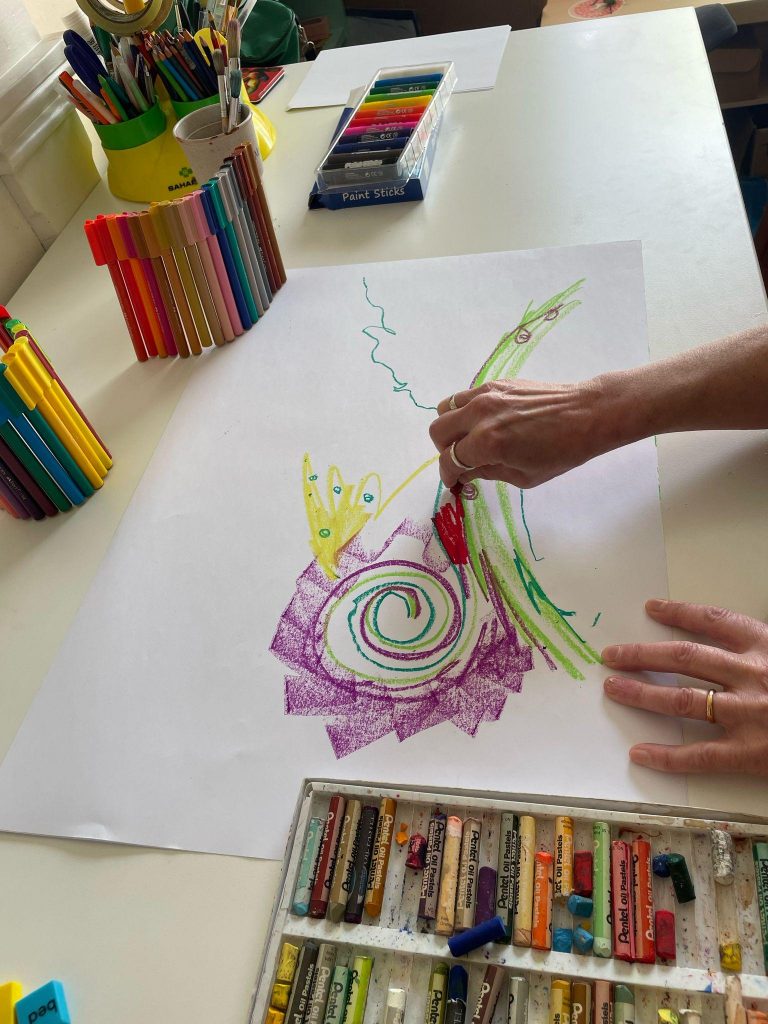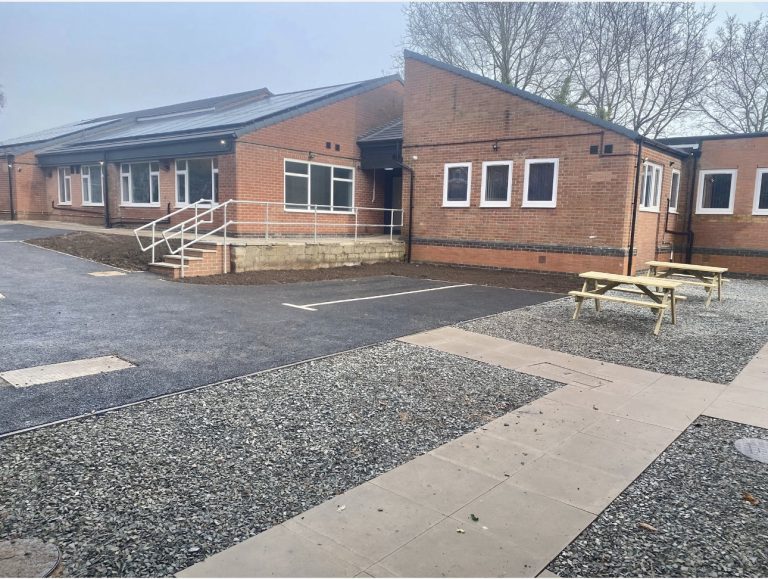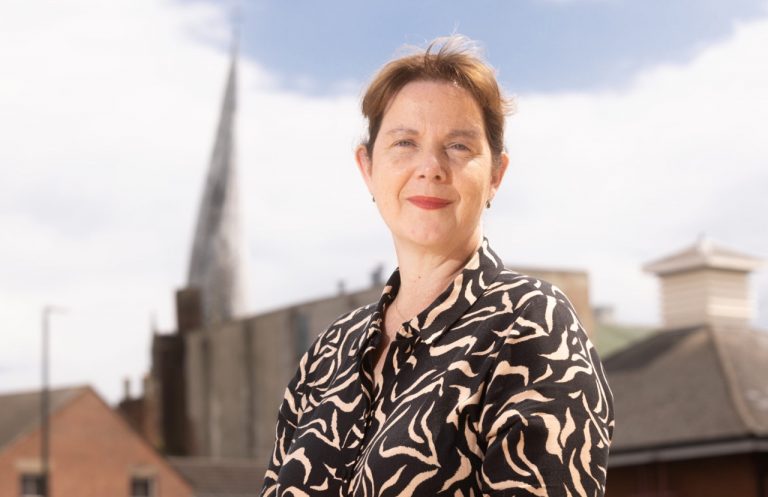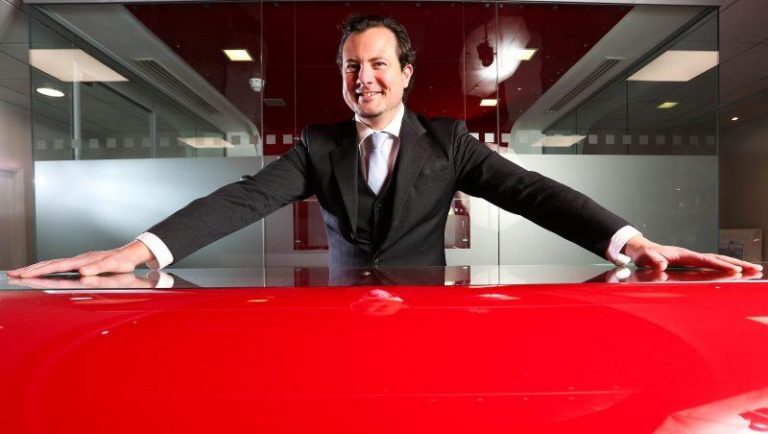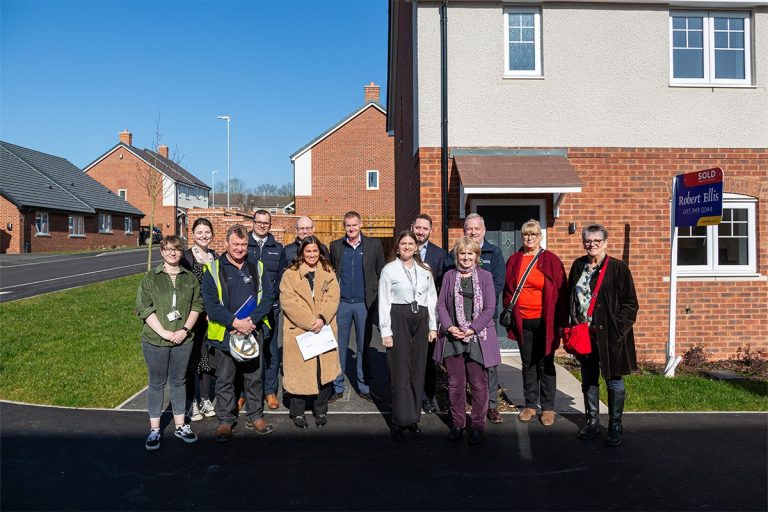Key milestone for £35m scheme at Nottingham hospital
Precision medicine company falls into administration
Oncimmune, a precision medicine company spun out from the University of Nottingham, has fallen into administration.
It follows attempts by the business to sell its German trading subsidiary and a failure to raise additional capital required to meet the company’s short term funding needs. Oncimmune has concluded that there are no further options available to extend its cash runway and that the firm should therefore be placed into administration.In a statement Oncimmune said: “Despite a comprehensive sale process and positive interest in the business it has unfortunately not been possible to secure a buyer for the Company’s trading subsidiary, Oncimmune Germany GmbH. It has also not been possible to raise the additional capital required to meet the Company’s short term funding needs.
“In light of this, and after extensive consideration of the Company’s current financial situation as well as the resulting creditor position, the Board has regrettably concluded that there are no further options available to the Company to extend its cash runway and that the Group should therefore be placed into administration in order to preserve the value of the business for creditors.
“Accordingly, a notice will be filed with the Court today notifying the directors’ intention to appoint Managing Directors from Alvarez & Marsal Europe LLP as administrators of the Company as soon as reasonably practicable.
“Consequently, the Company has requested a suspension in the trading of its ordinary shares on AIM, which will become effective from 7.30am on 17 March 2025.”
Bakkavor rejects £1.1bn offer from Greencore
Greencore, which has its UK head office in Worksop, has made two proposals to Bakkavor, with the first made on 25 February and rejected on 27 February.
Greencore made a second approach to the board of Bakkavor on 7 March 2025, with the revised proposal now rejected.
The £1.1bn offer would have seen Greencore shareholders own approximately 59.8% and Bakkavor shareholders own approximately 40.2% of the enlarged group.The group would create a leading UK convenience food business with a combined revenue of £4bn.
Grimsby homes to be upgraded for energy efficiency and living standards
Up to 60 homes in Grimsby’s East Marsh area will undergo renovations to improve insulation and energy efficiency. North East Lincolnshire Council will retrofit properties on Rutland Street using £3.1 million in government funding awarded last summer.
Approved by the council’s cabinet, the project will be delivered in partnership with community groups, including East Marsh United. The council selected Rutland Street following a borough-wide assessment and may seek additional funding to enhance surrounding areas with fencing and greenery.
A similar regeneration effort took place in Guildford Street in 2017. The council says the upgrades will enhance safety, reduce anti-social behaviour, and improve public health by addressing housing conditions and energy costs.
New Greggs store proposed for Leicestershire business park
Plans have been submitted for a new Greggs outlet at Welland Industrial Estate, Market Harborough. Tony How’s application updates a previously approved scheme with minor modifications to the building size, operational details, and extended opening hours.
The proposed 140m² unit will be in front of the Home Outlet store within the business park. It is intended to provide a convenient food option for area employees. The site will be accessible via the existing shared entrance on Valley Way, a key access route within the estate.
If approved, the Greggs store will operate from 6am-8pm Monday to Saturday and 6am-6pm on Sundays and Bank Holidays. A decision on the application is expected by 23 April.
Corporate donors welcomed as charity helping children recover from abuse needs to raise £250,000 each year
Supported living development handed over in Leicestershire
Inclusive Growth Commission calls for step change in investment in East Midlands with strengthened devolved powers
- Forging a region-wide skills partnership – A new, deeper partnership between businesses, educators, and government is needed to help people “get on and get up” the opportunity escalator, supporting career progression from entry-level to higher-paid work – increasing access to jobs and training opportunities.
- Integrated health and employment support – A step change in the connection between health services and employment support is necessary to break the cycle of health issues leading to economic inactivity, particularly among younger and older workers.
- Building aspiration from an early age – Strengthening community networks and increasing social mobility by addressing social and economic inequalities early on, including though much earlier careers guidance and work experience in schools.
- Access to affordable housing and transport – Some areas of the East Midlands will require improved housing options and better transport links to widen access to job opportunities across the region.
Spring forward: How businesses can make the most of the clock change – A PRspective by Greg Simpson, founder of Press For Attention PR
- Capitalise on the ‘psychological reset’ in PR campaigns
- Harness the power of more daylight for PR events & engagement
- Use the time change to drive PR & marketing campaigns
- Reignite media and audience engagement


